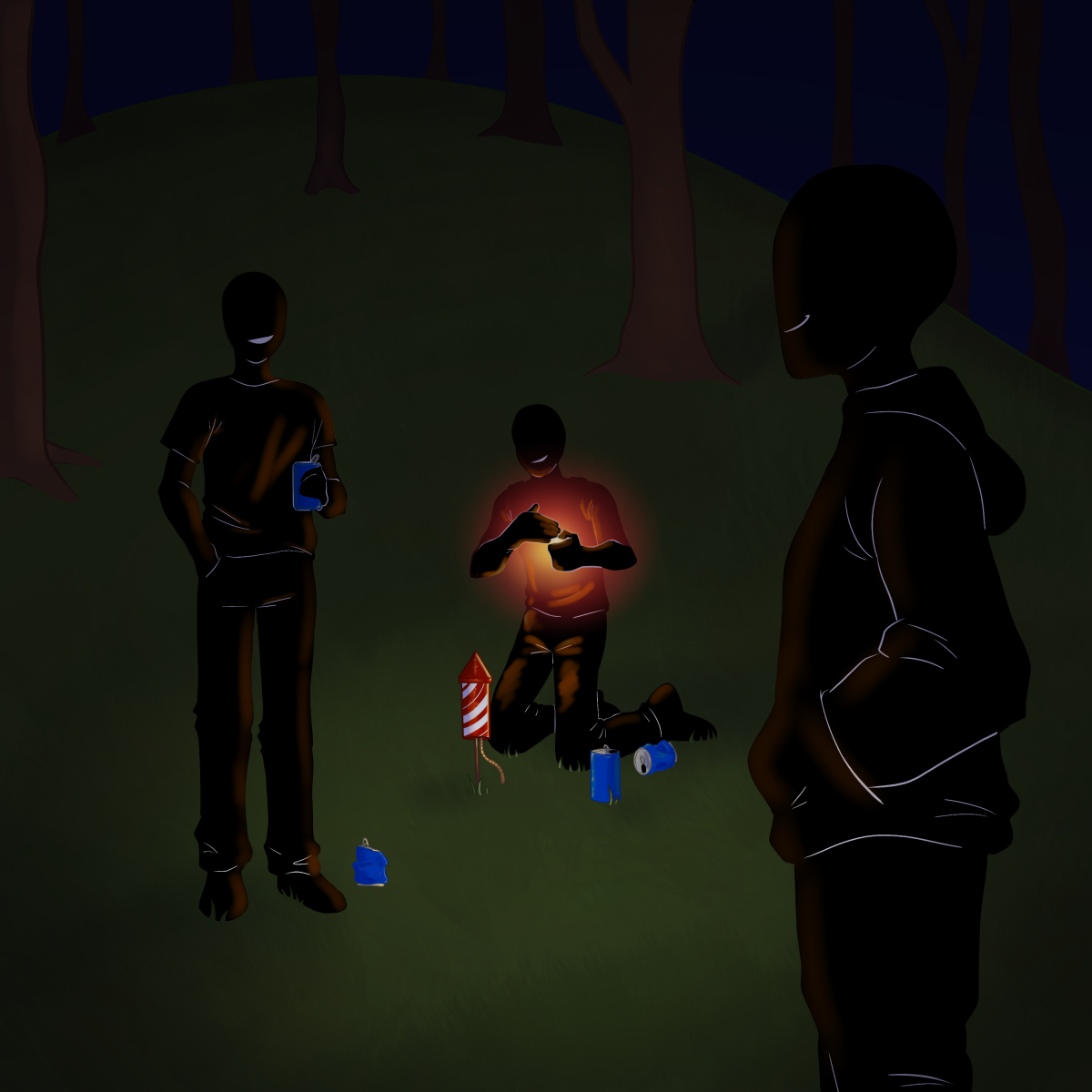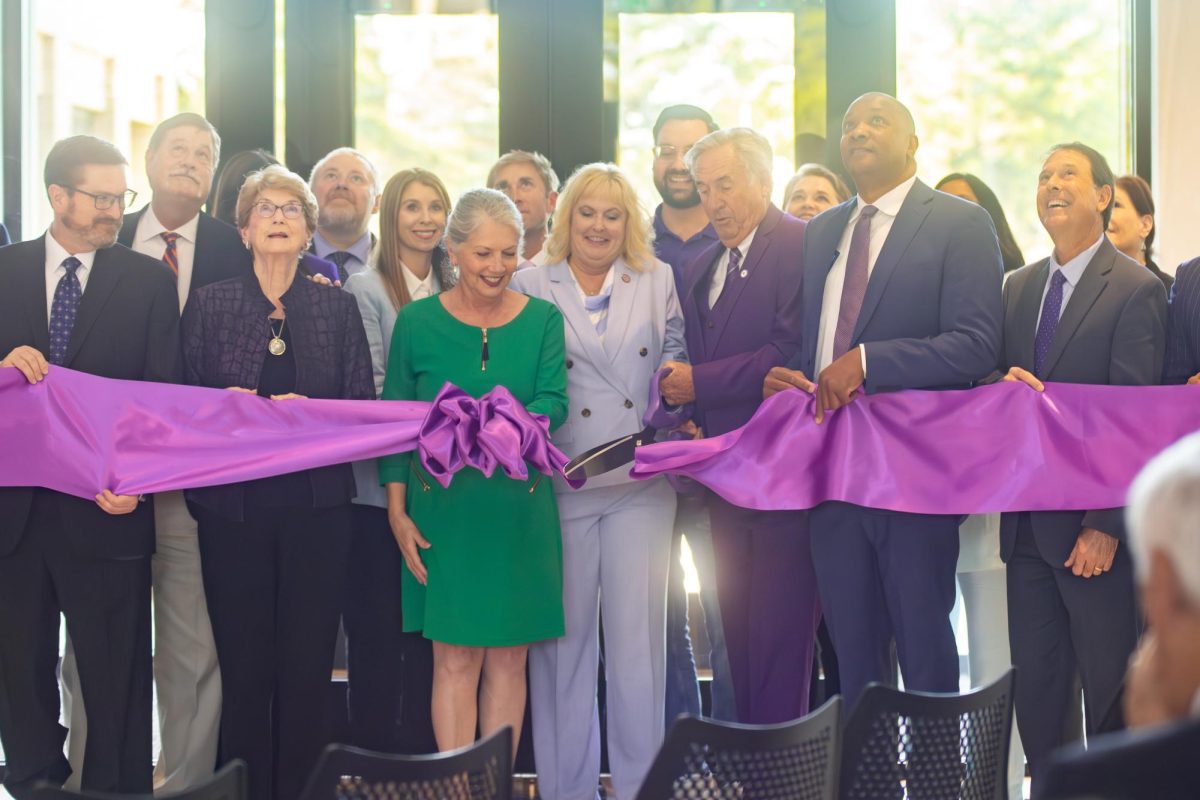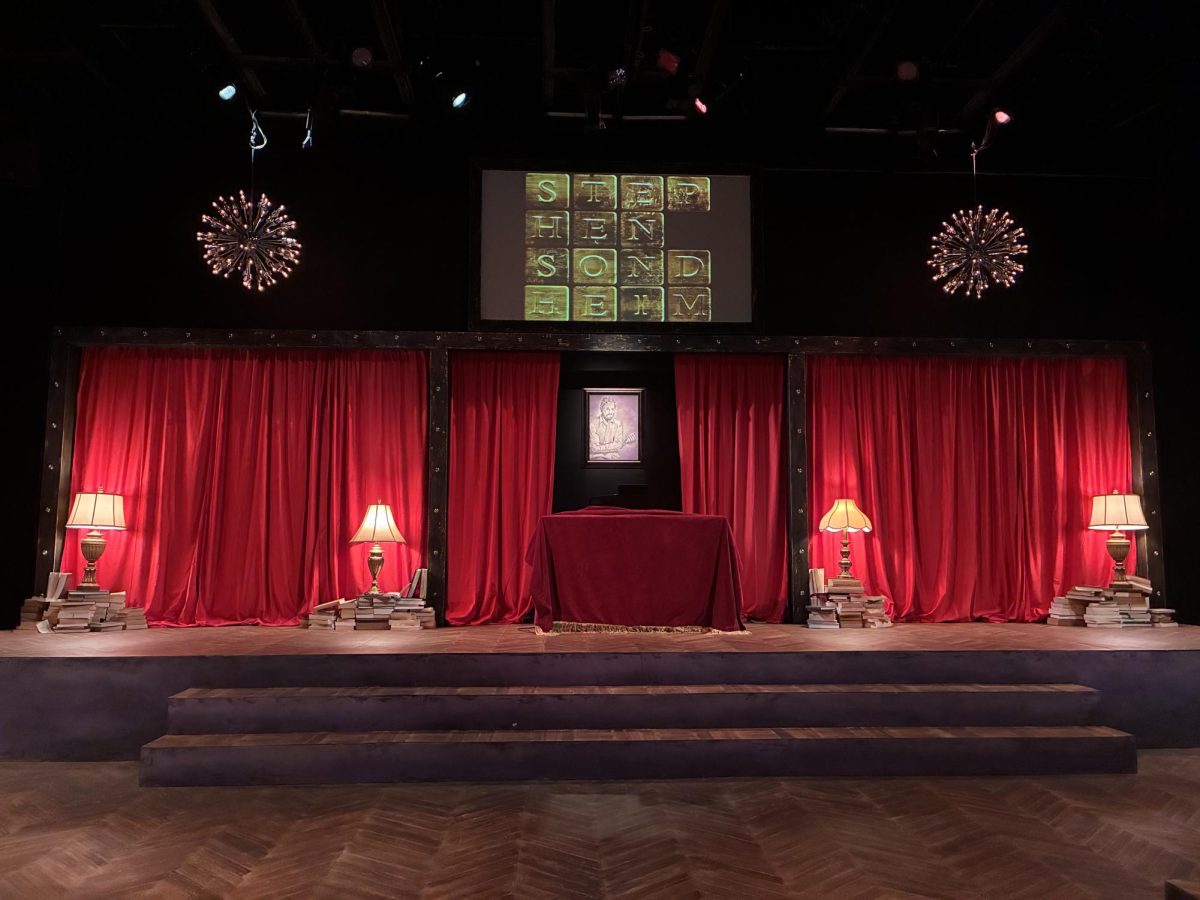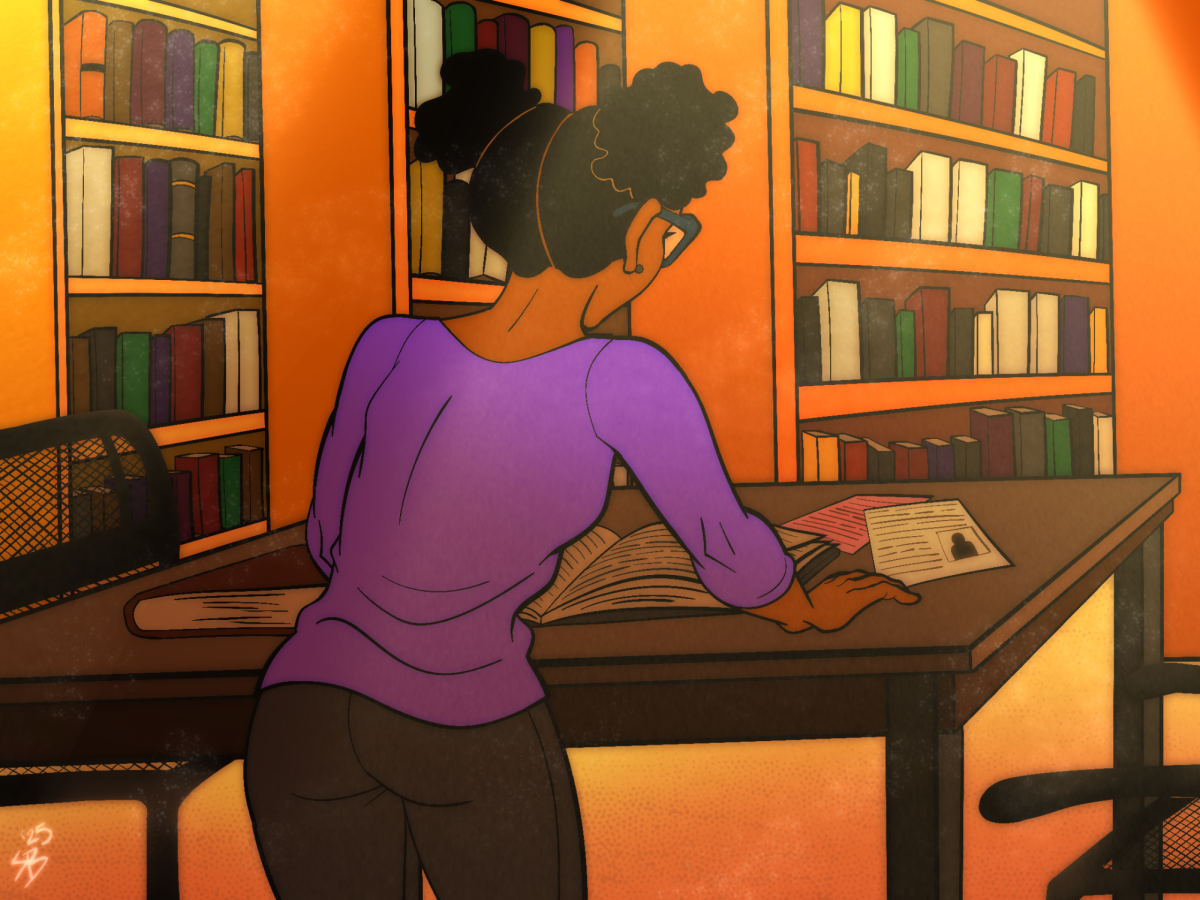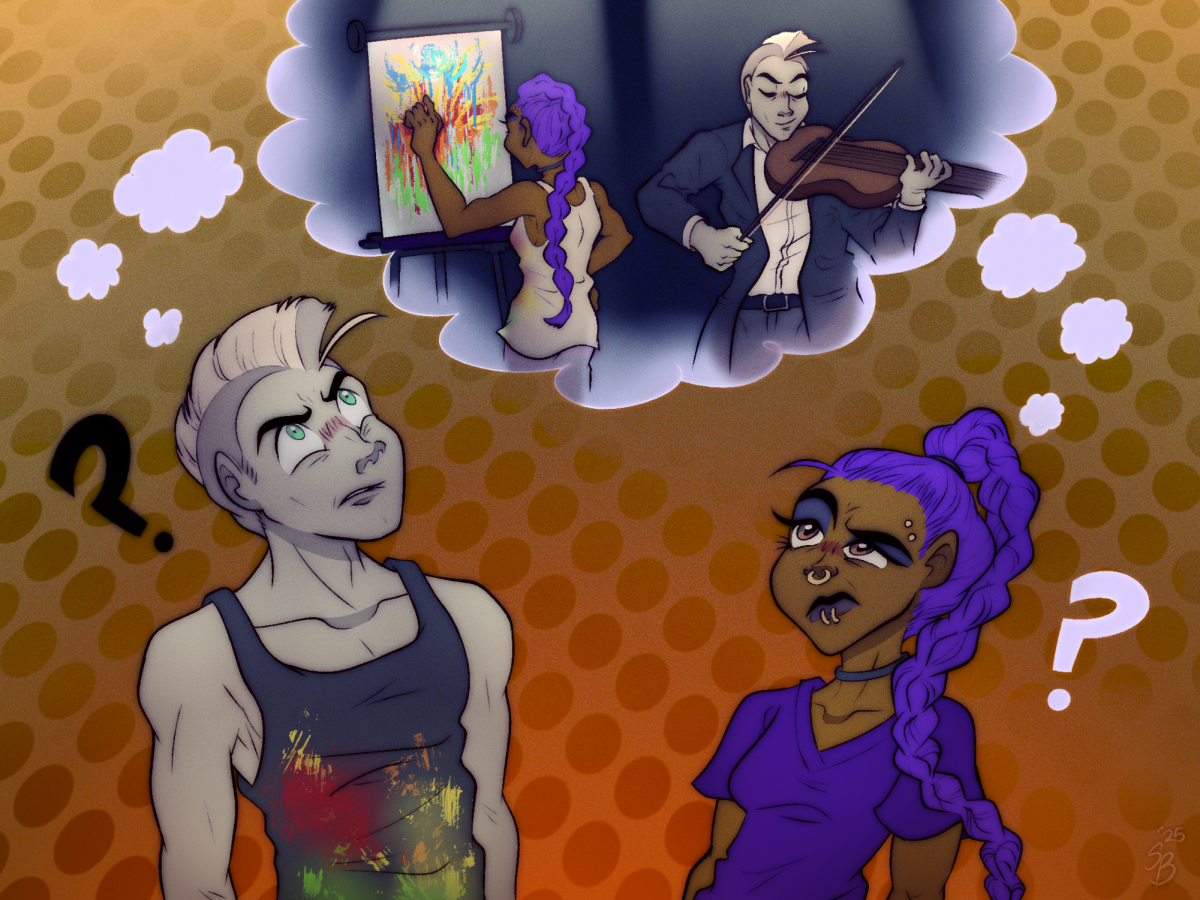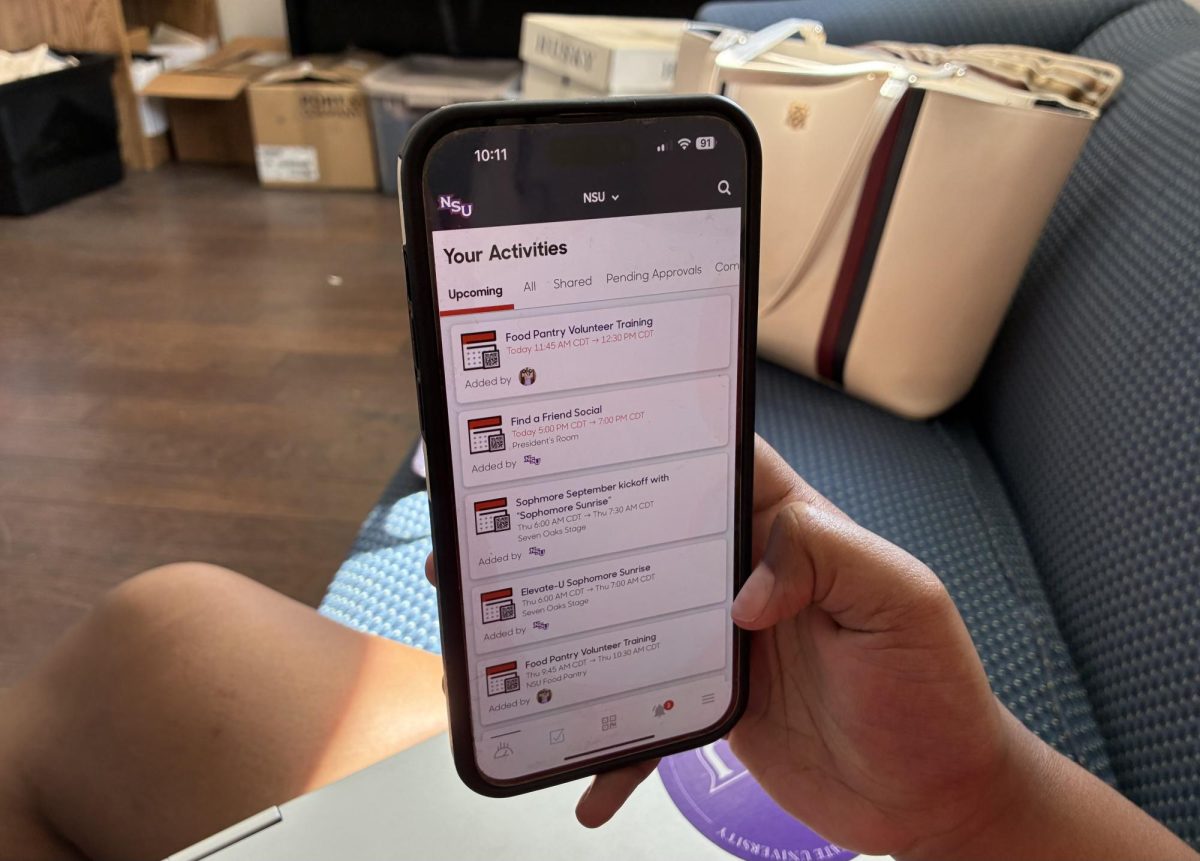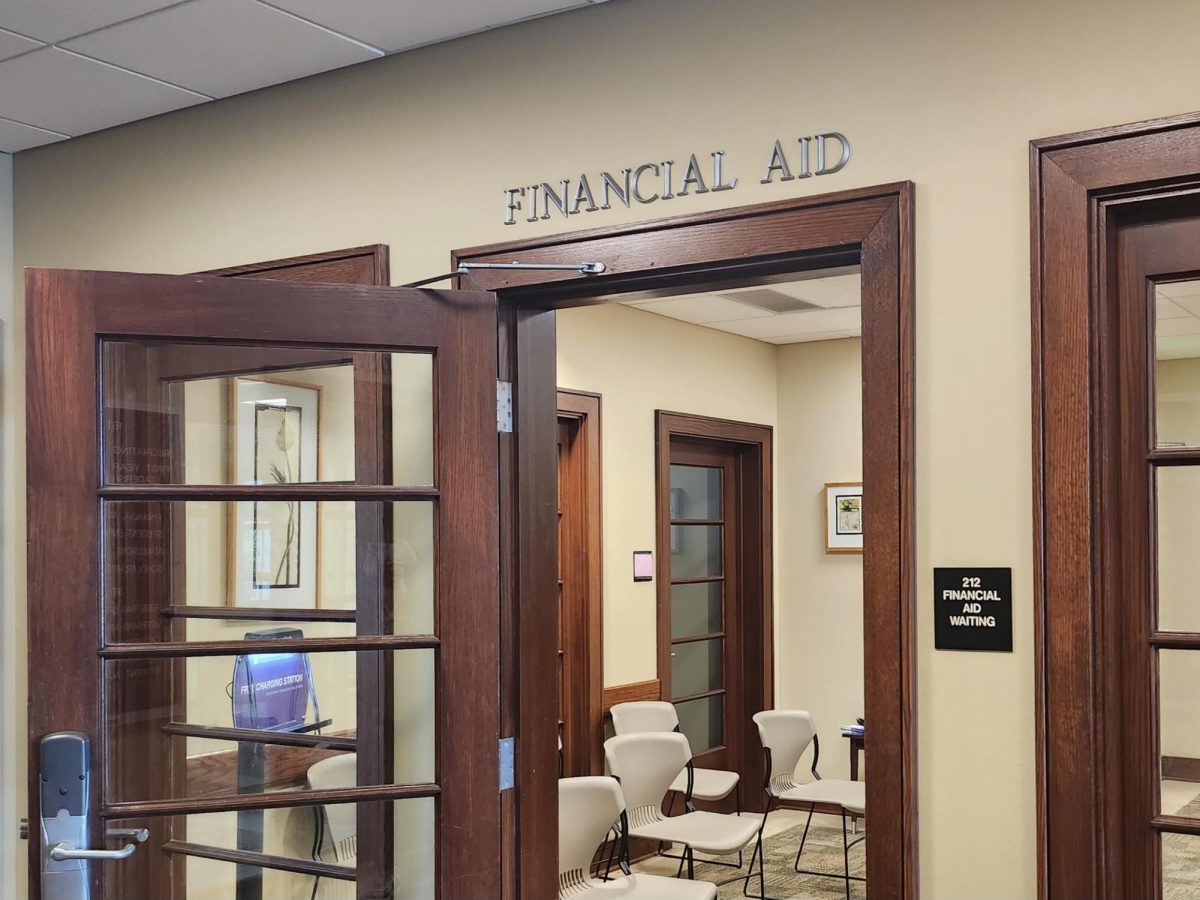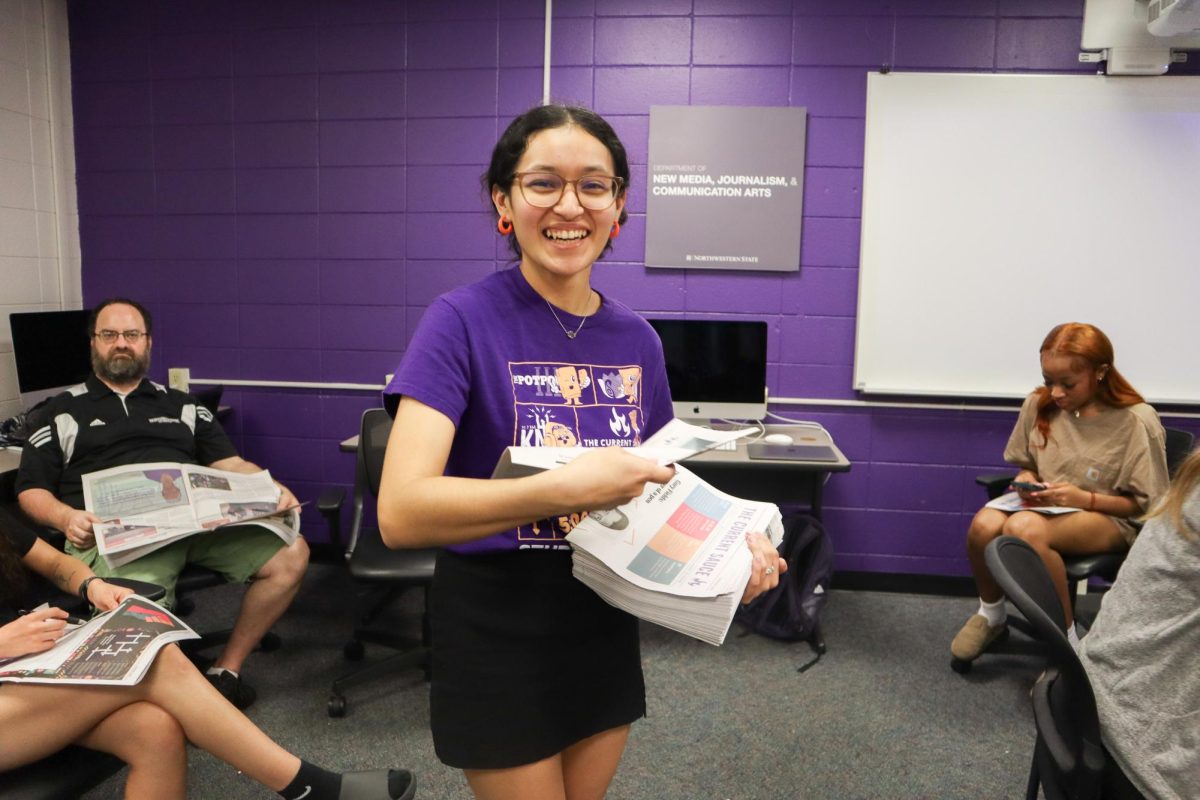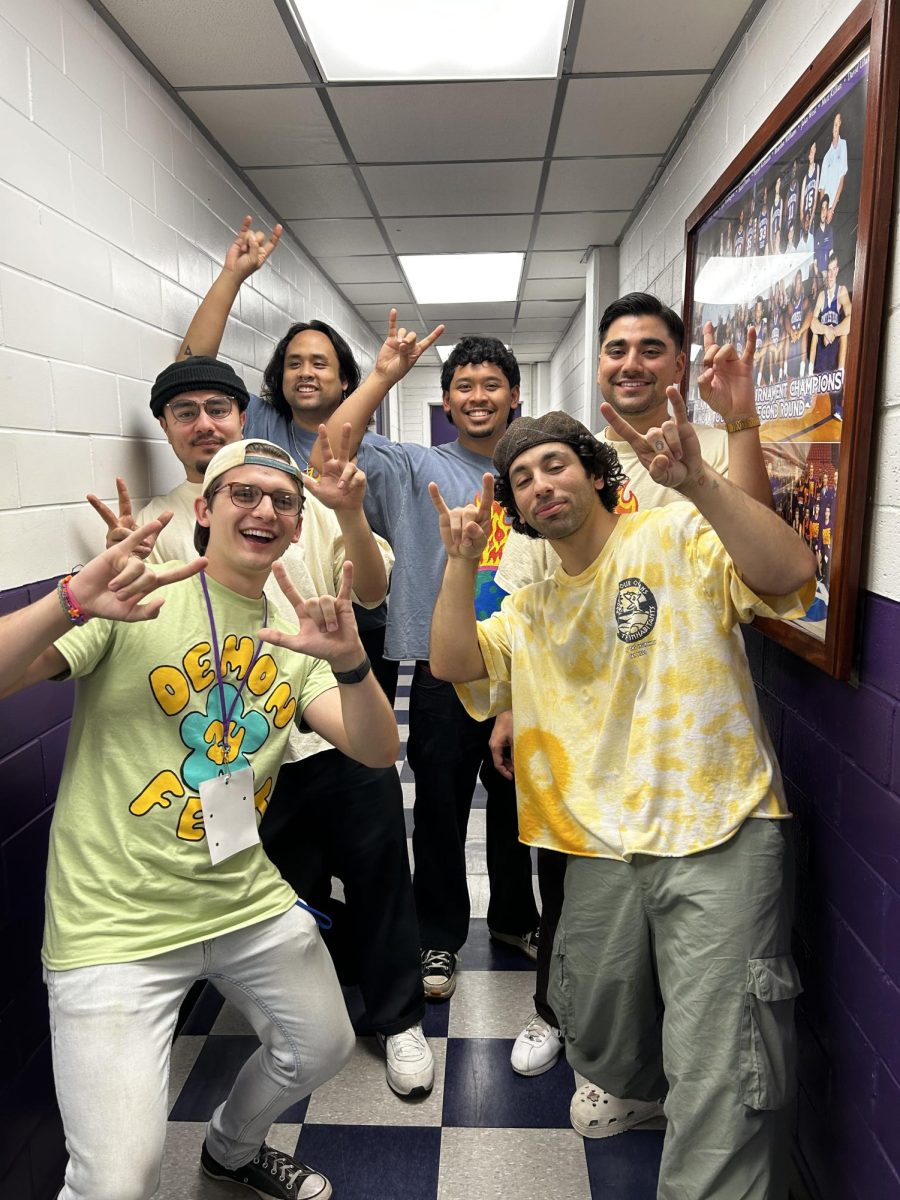For the past two years, Northwestern State University of Louisiana has hosted “Living in the Residential Community Meetings.” These usually occur early on in the semester with the purpose of informing students about important information regarding their housing and the community. They are hosted over three different days, with multiple meetings set at different times so that students that live in residential housing on campus can find one that fits their schedule, hopefully.
I say hopefully, because if you cannot attend any of the meetings for some reason, such as classes or work, you will be considered violating the Student Code of Conduct. The first few weeks of a new college semester are hard with balancing new classes along with your work schedule and your social life. I can understand how some students may struggle to be able to attend these meetings.
Being threatened with a violation of the Student Code of Conduct as a busy student who works hard to pay for the cost of tuition, opting to live in the residential dorms, may be an overreach of power. Whether or not people who skip these meetings actually receive consequences is debatable, as many students have said they have skipped without ever having any follow up.
One big reason that this discussion is being brought up is because of an incident that occurred in University Place 1 parking lot on August 16. It is being alleged that a few students set off fireworks outside of UP1, which then set grass and other shrubbery on fire outside of the parking lot.
Luckily, the fire was contained, and the police have an open report for arson. It is not known whether the police have suspects or not. Since the start of the semester on August 14, we have had eight incidents reported by police that have occurred in or outside of different residential buildings on campus. These include crimes like disturbances, drug law violations and more.
These incidents raise the question: Do these “Living in the Residential Community Meetings” help reduce the crime on campus on or around the residential buildings? Some people might say no. While it is important that students know what they are agreeing to when they sign a lease agreement, there will always be students who choose to go against the grain anyway. Whether that just means having guests over to your dorm without an overnight parking pass, or illegally lighting fireworks during one of the hottest, driest summers ever, while under a state of emergency and a burn ban, it’s a choice they made. Luckily, the fire did not progress as far as it could have, and nobody was injured.
While University Police only keeps the crime log up for the current year, national statistics are available to look at. The year 2021 was the highest year for hate crimes reported on college campuses, as recorded by the Department of Education.
Over 31,000 crimes were reported on colleges throughout the nation in the same year. While this may sound shocking, this number has decreased by 50% since 2005, according to the U.S. Department of Education Campus Safety and Security website. Maybe we are not seeing an uptick in crime on NSU’s campus, but rather seeing certain crimes become more public due to social media and the abundance of video cameras around.
I believe that while residential meetings can be an added conflict in a student’s schedule, it may be helpful for a student to be aware of the codes and regulations they need to follow. Whether they choose to follow them or not it’s only their choice, but at least they cannot claim that they did not know the repercussions of their actions, since they learned it at the “Living in the Residential Community Meetings.”





















